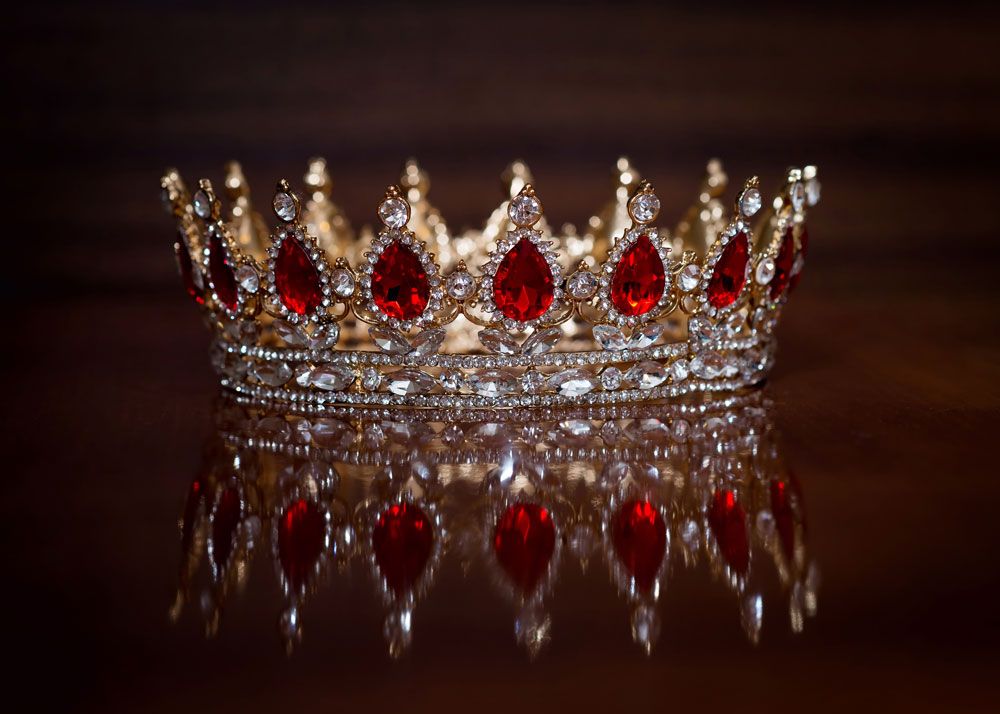Will Lab-Grown Diamonds Hold Value


One of the things we sometimes hear retail jewelers tell customers is that they should avoid lab-grown diamonds because they won't hold their value. Let's take a look at the false premise behind this statement.
Let's start by recognizing that diamonds — mined diamonds — are cheaper now than they ever were in the past. One thousand years ago, only kings and high priests were allowed the privilege of owning and wearing diamonds, and today diamonds are available to the masses. This is because before the mid-1300s, diamonds were found, but not mined, so their occurance was quite rare.
But in the 1800s, when DeBeers unearthed a massive diamond source in Kimberly, South Africa, diamonds became the subject of one of the most successful advertising campaigns in history, "A Diamond is Forever." Suddenly it was not only possible for every groom-to-be to put a diamond on his bride-to-be (for just the price of two months salary!!), it became culturally expected that he do so. In 1953, GIA came up with a grading system to level the competitive playing field for diamonds and shore up trust in the diamond business. Jewelry stores around the world built entire departments around the engagement ring experience. Savvy merchants created "trade-up" programs, so the young groom who could only put a half carat on his bride's finger for the engagement could trade up to a 1.0 carat stone on their five-year anniversary, and a 1.5 carat stone on their ten-year anniversary. And merchants started talking about the smart "investment" of owning a diamond to young men who needed something more than romance to spur them to buy the biggest diamond possible.
Only, diamonds weren't actually an investment. This was just a salesperson's claim in the process of trying to get a young man to spend a bit more. Yes, diamond values have gone up and down over time, but as a relative holder-of-value, the value of a diamond has consistently trended down, not up.
Does this mean it's not a good idea to own diamonds? Absolutely not!
Consider this. Have you ever heard someone refer to a ruby or an emerald as an investment purchase? Of course not! And rubies and emeralds are considerably more rare than diamonds.
Our point is not that diamonds are a poor investment. It's that nobody should have ever offered the argument of diamonds as an investment in the first place! To a King in the 11th Century a diamond may have had monetary value, but since then diamond mines have been found all over the world, and there are more than enough diamonds to support all jewelry and industrial demand. We have more than enough diamonds. Mined diamonds. And this was all before lab-grown diamonds came into existence!
So when a salesperson claimed that a diamond would "hold its value," this was a sales claim not based on reality. Diamonds are no more or less likely to hold their value than sugar or corn (though they are certainly worth more). So a claim that a lab-grown diamond "won't hold its value like a mined diamond" is a claim based on nothing.
Trade-in Value Versus Investment Value
It's better to think about mined and lab-grown diamond value in terms of trade-in value rather than investment value. Unless you're out to buy a Ferrari 250 GTO, you're not buying a car for its investment value ... you're buying a car that will get you around in a style that suits you and which will hold enough value to resell or trade against the purchase of a new car in several years.
Lab-grown diamonds can be used in trade-up programs for larger diamonds (and more and more retailers are offering these programs on lab-grown!), and can be traded in at whatever the current value is against a different jewelry purchase. Just like mined diamonds. Lab-grown diamonds can be pawned or sold outright to a 3rd party. Just like mined diamonds. True, lab-grown diamonds tend to be 30% - 50% less expensive to begin with than mined diamonds, so their value will be 30% to 50% lower when you wish to sell or trade them. But there's no loss of investment value, because it was 30% - 50% less expensive to begin with.
Now, we hope we've put that silly argument to bed once and for all.
The Reason to Buy Diamonds is Because They're Beautiful
It's now customary to offer a diamond when requesting someone's hand in marriage. This isn't about investment value. This is about romance, making promises, and showing one's commitment to the world. Lab-grown diamonds are real diamonds. They have the same physical and chemical properties as mined diamonds. For some people, lab-grown diamonds come with the added benefit of representing the excitement of technological advancement, or of not being party to the environmental and social impacts of mining. For others, a lab-grown diamond is the only way to get a diamond they can afford.
So don't hesitate to buy a lab-grown diamond because of an empty claim about holding value (and don't buy a mined diamond thinking that's a promise you can count on!). Buy a diamond — any diamond — that fits with your values, your budget, and your happiness.